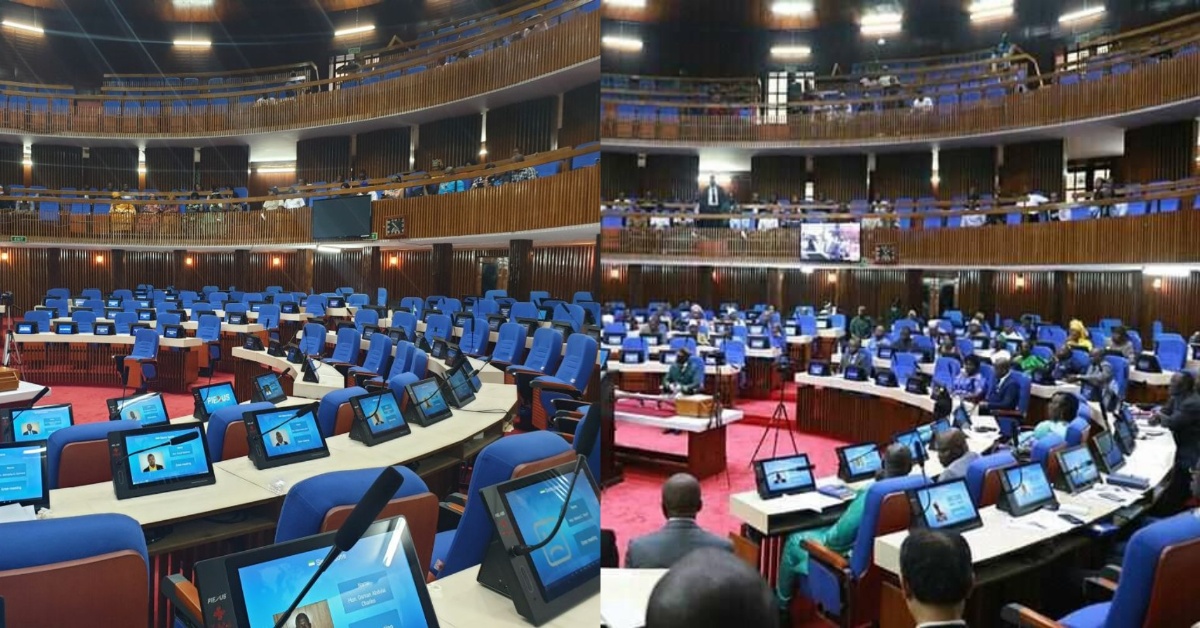In a recent investigation conducted by a Committee of Members of Parliament at Bombali District on the outskirts of Makeni City, substantial issues were uncovered regarding the operations and efficiency of various local councils.
The probe, held on Friday, July 12th, 2024, brought to light numerous shortcomings and inefficiencies within these councils, particularly in the New Port Loko City Council.
One critical finding was that New Port Loko City Council had not effectively implemented projects funded by the European Union, despite the announcement of €2.5 billion in local Leone for these initiatives.
The Committee also discovered that while the councils were receiving revenue from mining companies, these funds were not being utilized efficiently. Many councils were not compliant with statutory tax requirements, resulting in daily losses and insufficient funds for critical projects.
The Committee members were particularly concerned with the Makeni City Council, noting its failure to adequately transfer and disburse devolved sector funds. This council had delayed the transfer of these essential funds, impacting local projects significantly. Additionally, three markets within Makeni City and an outsourced contractor were discovered to be making substantial daily payments, highlighting a severe lack of oversight and control.
In Kono District Council, the Committee noted similar issues, with the council utilizing more government funds on budget administration services rather than on the intended beneficiaries. This mismanagement was reflective of a broader trend across various councils, where grants received from the Government were not utilized effectively, causing delays in the progress of numerous projects.
On Saturday, July 13th, 2024, the investigation extended to Bo City Council. Here, concerns over taxation and revenue generation were paramount. For instance, Bo District Council had reclassified 57 revenue-generating sources into taxable categories, significantly boosting local revenue. However, the projection of NLe7.1 million in revenue from these sources was still compromised by non-compliance issues with several mining companies.
The situation in Bonthe District Council was particularly troubling. The Committee found that despite having substantial revenue strengths, most projects funded by the council lacked tangible benefits for the taxpayers. The majority of these projects were not effectively improving local infrastructure or providing necessary services.
Further scrutiny revealed that Chiefdom Administrators were not effectively cooperating with the councils, hindering tax collection and the overall revenue generation process. This problem was exacerbated in Pujehun District, where the local council struggled with the outdated tax cadastral system, making the efficient collection of taxes nearly impossible.
In light of these findings, the Committee recommended urgent reforms to the local councils’ management systems. There was a call for increased transparency and accountability, especially in the allocation and utilization of government grants and mining revenue. The Committee also suggested overhauling the outdated tax systems and improving cooperation between Chiefdom Administrators and local councils.
Additionally, the Committee’s investigation revealed systemic issues in garbage disposal, with unauthorized dumping sites proliferating due to the inefficiency of local waste management systems. This has raised concerns about environmental health and safety.
The Committee’s findings underscore the urgent need for systemic reforms in the management and operational efficiency of local councils in Sierra Leone. The Parliament is expected to discuss these issues in upcoming sessions to formulate strategies that will ensure better governance and service delivery at the local level.












Thank God for giving life once again into the parliament of sierra Leone. H